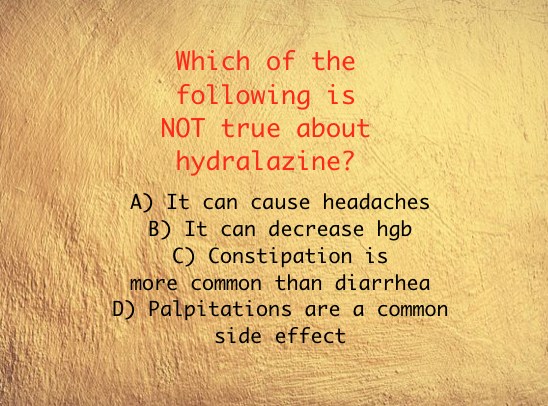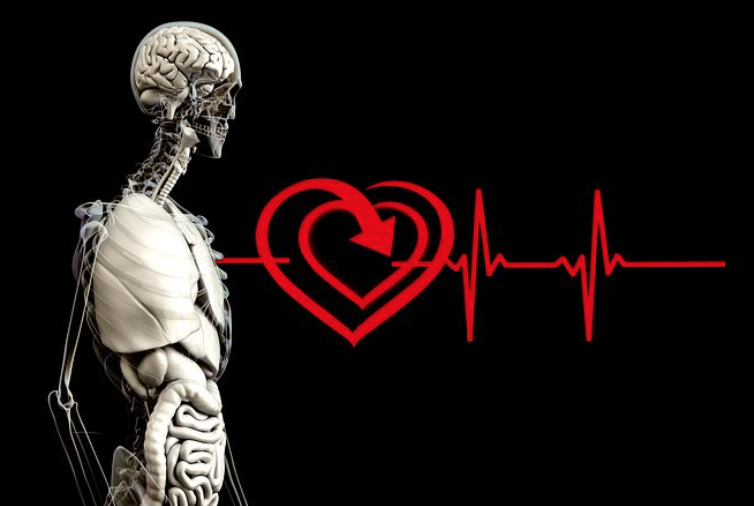Take the ACLS Quiz! Total questions 8
Disclaimer: This quiz and all quizzes and or blogs on this site do not serve or substitute for professional medical advice. Contact your primary care provider if you have questions about your health. This site is intended for medical professionals only (and/or studying to be). Information on this MME site does not substitute for your hospital or other place of employment policies. If you have any questions, MME recommends contacting your employer for clarification on their policies and procedures. We do not respond to ANY questions regarding ANY particular hospitals’ procedures. Hospitals may vary on rules and regulations, policies and procedures.





